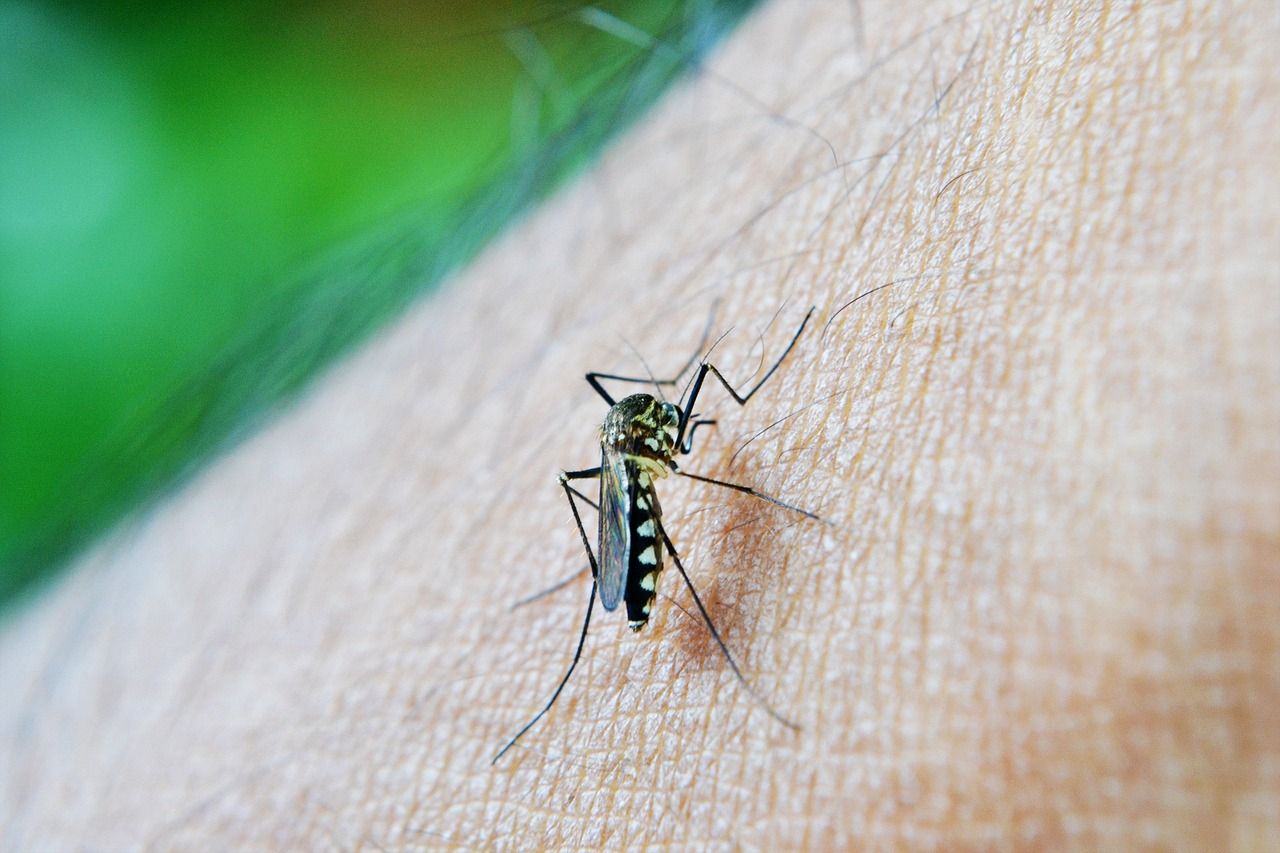DOH sees a decline in dengue cases but urges caution in data interpretation
By Sonny Daanoy
The Department of Health (DOH) on Saturday, June 15, said it monitored a decrease in dengue cases nationwide in its latest report but remained "very cautious" in interpreting the data.

Seven regions have shown an increase in cases over the past three to four weeks: Cordillera, Ilocos, Zamboanga Peninsula, Cagayan Valley, Caraga, Mimaropa, and Northern Mindanao.
"All hospitals and clinics are reminded to please submit reports as soon as possible to ensure accurate case counts and help guide public health decision-making," DOH said in a statement.
As of June 1, the number of dengue cases from the most recent one to two weeks was 3,793.
This figure is lower than the 5,368 cases reported from May 5 to 18 and the 5,305 cases from April 21 to May 4.
"From the start of the year up to June 1, 2024, 70,498 dengue cases have already been recorded, with 197 deaths," the report stated.
DOH is closely monitoring weekly reports of new dengue fever cases, noting that the recent declining trend is starting to plateau.
There is also concern that this plateau could mark the beginning of a potential nationwide increase in cases unless immediate action is taken to eliminate stagnant water sources that serve as breeding grounds for dengue mosquitoes.
Health Secretary Teodoro J. Herbosa emphasized the importance of eliminating mosquito breeding grounds.
"More water means more mosquito breeding grounds. Kill mosquitoes to keep dengue down," Herbosa said.
"Search and destroy stagnant water. Also, don't let these pests bite you," he added.
Additionally, DOH cited a scientific review by Reinhold et al. (2018) on the effects of environmental temperature on dengue mosquitoes, which demonstrated that "the temperature of the environment affects mosquito development, its activity including host-seeking and blood-meal intake, as well as pathogen development and transmission."
"Some studies observed that female Aedes aegypti mosquitoes fed faster at temperatures between 26 and 35°C compared to 19 to 25°C," DOH noted.
The DOH reiterated to the public the importance of using self-protection measures such as wearing long sleeves and pants to cover the skin and applying mosquito-repellent lotions and sprays.
"Seek early consultation for any symptoms like fever, headache, muscle and joint pains, nausea, and rashes. Say yes to fogging where needed," it said.
READ: https://mb.com.ph/2024/6/14/protect-yourself-doh-issues-dengue-prevention-tips-and-facts